Learn about the key factors to consider while creating prompts, along with a set of examples of SEO-focused ChatGPT prompts that you can use in your daily tasks.
Marketers have been receiving information about ChatGPT and its potential use in content creation and SEO for several weeks.
Prompt engineering is still a profession.
I cannot assume which SEO and digital marketing tasks will be replaced by ChatGPT and other AI software. However, becoming proficient in generating prompts for such tools can be a valuable skill. As these tools enhance in quality, this skill is likely to become even more valuable.
In this article, we will cover the key considerations for creating ChatGPT prompts for SEO and present a comprehensive collection of SEO-oriented prompts that you can utilize in your everyday tasks.
A strategy for engineering ChatGPT prompts.
To create prompts for your specific needs and benefit from effective SEO prompts generated by others, it is useful to have a general approach to ChatGPT prompts (and AI chat/writing prompts).
To begin with, it's crucial to comprehend the limitations of ChatGPT.
It's important to keep in mind that ChatGPT was trained on a vast dataset and completed its training in early 2022. As a result, not all of the information it has access to is up to date, and not everything it has been trained on will be accurate.
It's worth noting that ChatGPT does not crawl the web, although it has access to information about the web from the time it was trained. While its responses may seem like it crawled a page, it didn't actually do so.
There are several things that ChatGPT may get wrong, including facts, math problems, and code. While it can organize a lot of data in interesting ways, it doesn't have expert-level knowledge or taste in any particular subject (at least not yet).
Although you can create prompts for things like keyword research, clustering, and link building, it's essential to remember that ChatGPT was not designed to be an SEO tool. As a result, its responses and suggestions may not use the same types of datasets (driven by search popularity and competition) as your favorite SEO tools.
If you request a list from ChatGPT, don't anticipate it to be curated at an exceptional level. Similarly, if you ask it to write code, don't simply assume that it will function flawlessly.
Assuming that everything generated by ChatGPT for article writing is accurate or well-written, especially for topics that require up-to-date information, would not be recommended.
QA is on your side!
I tend to view prompts in a similar way as tasks such as generating a content brief, utilizing a search operator, or crafting an SOW.
Using that methodology, here are some precise suggestions for creating an effective prompt:
- To ensure effective communication with ChatGPT, please provide a prompt that is both clear and comprehensive.
- Please confirm that the task you are requesting falls within the capabilities of ChatGPT.
- Based on the output received, refine your prompt and draw on your past experiences with ChatGPT to improve future prompts.
- To minimize errors, please anticipate and address any potential areas of difficulty within the prompt to the best of your ability.
Ranking ChatGPT SEO prompts: The most effective and least effective
Like many other topics, there is a lot of information available online regarding ChatGPT prompts that can be used for SEO. However, not all of them are useful, and some can even be detrimental.
In the following list, I have included what I consider to be "good" prompts - those that are helpful and efficient - as well as "bad" prompts, which are either unhelpful or can lead to negative outcomes.
These examples aim to provide specific ideas for prompts that can increase your productivity and efficiency, while also alerting you to prompts that may be a waste of your time or potentially harmful.
The positive
Let's begin with effective prompts. It is crucial to emphasize that you must review the output of all ChatGPT-generated content to ensure its accuracy.
Incorrect or misleading information and broken code can result in disastrous outcomes, as discussed later in the article.
While Google does not expressly forbid AI-generated content in their search guidelines, it is possible for it to negatively impact your website's ranking.
Brainstorming for keywords and topics
Considering the potential risks mentioned earlier, I regard ChatGPT as an excellent brainstorming tool for a range of tasks, including keyword research.
It is especially valuable as an initial step to generate ideas for keywords and topics.
Suppose I am building a website that focuses on providing guidance to youth basketball coaches.
Speaking as someone who often searches for youth basketball drills, I can say that this is a solid starting point.
By including a reference to popular websites rather than solely requesting suggestions, I obtained additional insights on relevant topics and identified some appropriate sites within the niche. (Note that these were gathered in early 2022 or earlier.)
Let's delve further into keyword research:
Well, that's fascinating. I'm curious how ChatGPT determines which are "popular and low competition."
Impressive! ChatGPT can quickly generate keyword ideas using Ahrefs, Moz, and Keyword Planner.
I thought that my LinkedIn and Twitter feeds would be overflowing with details about this topic, so I opted to inquire for further clarification:
The current response is not addressing my initial query. It feels like a diversion from the main topic, resembling a tangent about cookies. To avoid confusion, let me restate my question:
Wow, it's easier for me to apologize than for my kids.
Now, let's quickly examine whether these terms are genuinely low competition using Ahrefs, one of the tools that ChatGPT initially mentioned using (other tools like Semrush didn't make the cut, unfortunately)
Oops. There isn't a lot of search volume here, but let's evaluate the competition, especially in comparison to the initial statement.
SERP Analysis: I conducted a manual search on Google for each keyword to assess the type of results that appear. If the top search results are from websites with high authority and strong backlink profiles, this suggests that the keyword is highly competitive. On the other hand, if the top results are from low-authority websites with weaker backlink profiles, it suggests that the keyword is less competitive.
Although this term is not impossible to compete for, it may not be practical for my new website in the near future. However, based on the search volume for other related terms that these pages are ranking for, there is likely significant search volume in this general area.
A frequently used prompt framework involves requesting ChatGPT to respond to a prompt "as an X," where X represents an individual with a specific profession, level of expertise, or experience.
Title ideas
It's advisable to develop your own concepts for crafting titles and title tags for blog articles. However, if you require some inspiration, ChatGPT could serve as a helpful resource to generate ideas.
List ideas
Similarly, list kinds such as X examples, tips, quotations, and so on take some searching to come up with ideas - if you wish to curate your own list, you can acquire ideas fast via ChatGPT:
FAQ ideas
The tool may also be beneficial for quickly generating FAQ ideas for a post - again, adding in particular instructions and a persona can help:
Outlines of content
Similarly, the aforementioned statement applies to content outlines. It is essential to note that tools such as Clearscope, Content Harmony, Market Muse, Frase, and Surfer SEO generate outlines and briefs that are tailored to the content ranking in search results, unlike ChatGPT.
I used the following prompt:
“Produce a content framework for an article that instructs how to teach middle school basketball players to move without the ball. The target audience comprises individuals new to basketball coaching with basic knowledge of the sport, and the article should cater to beginners. The framework must encompass the types of offenses that foster movement, specific off-ball maneuvers (cuts, picks, etc.) that players should execute, and drills coaches can employ to promote motion.
Again, not perfect, but a pretty decent framework!


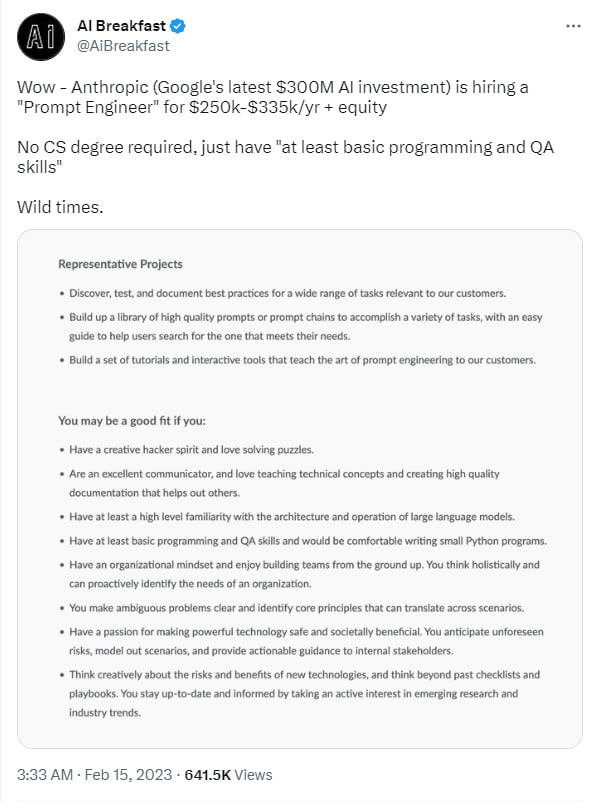
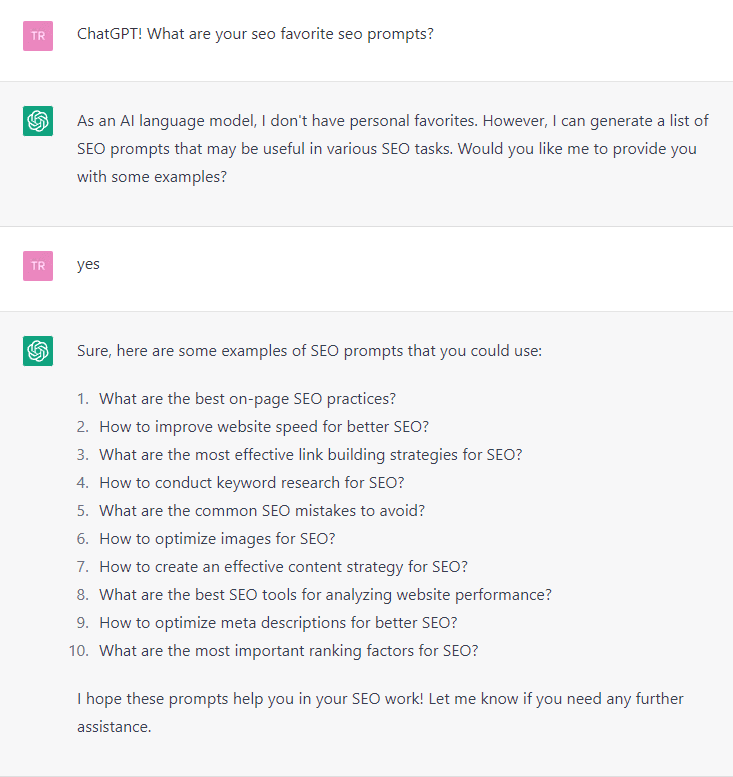

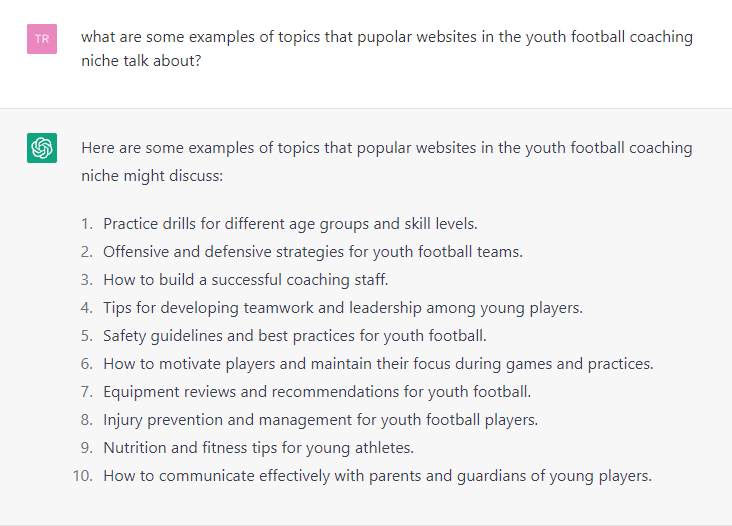

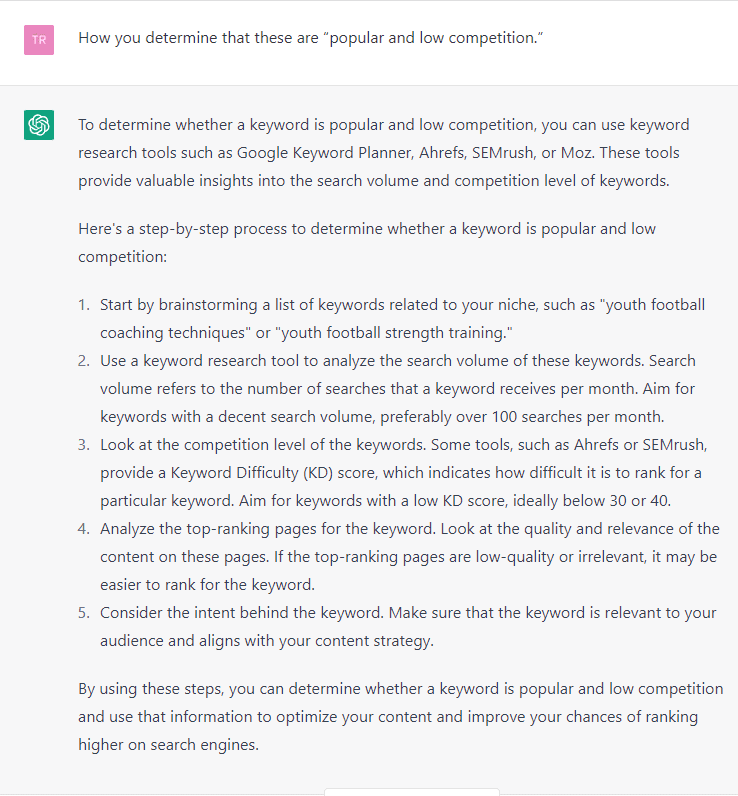

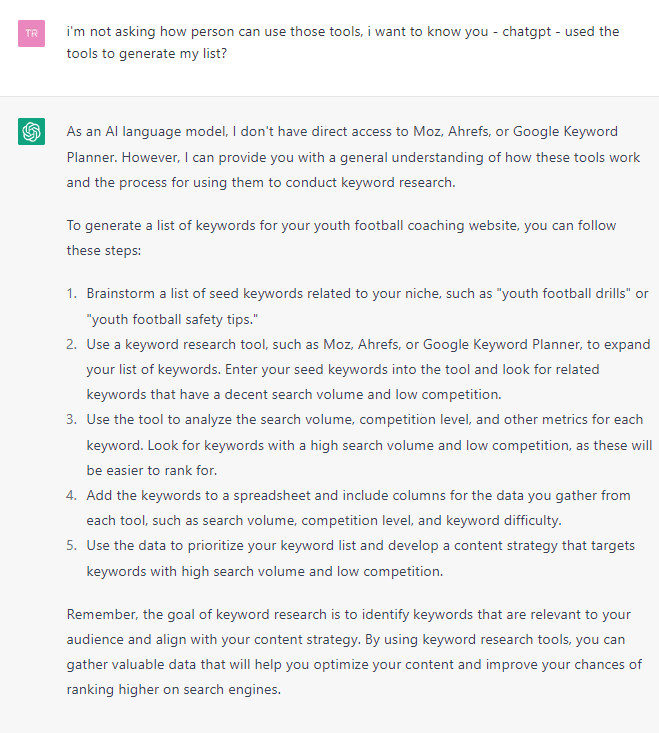
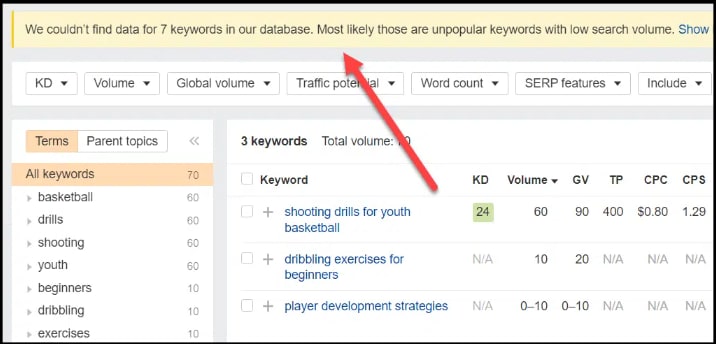
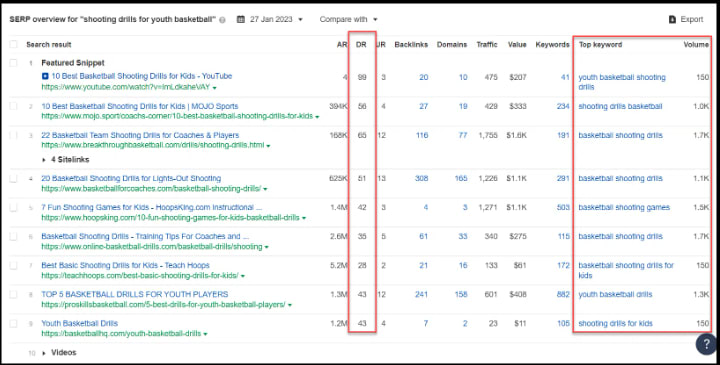

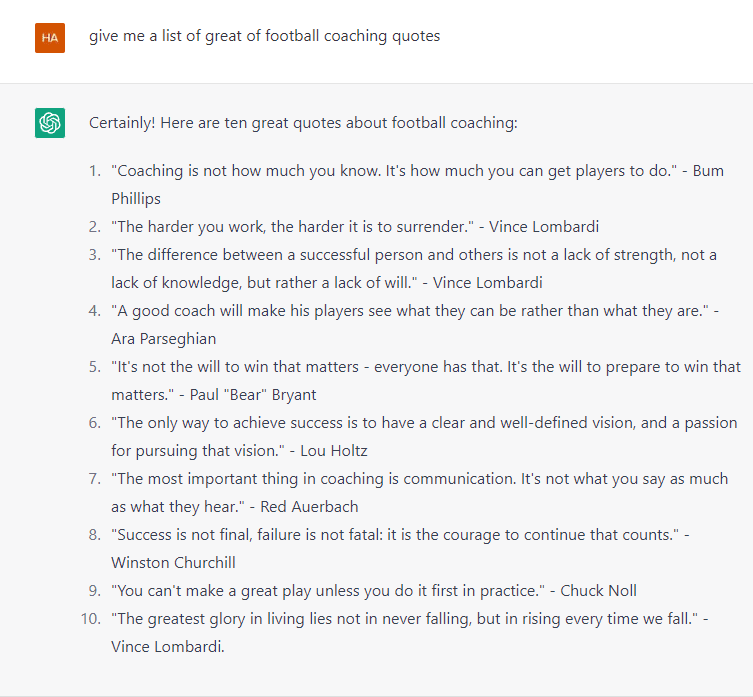

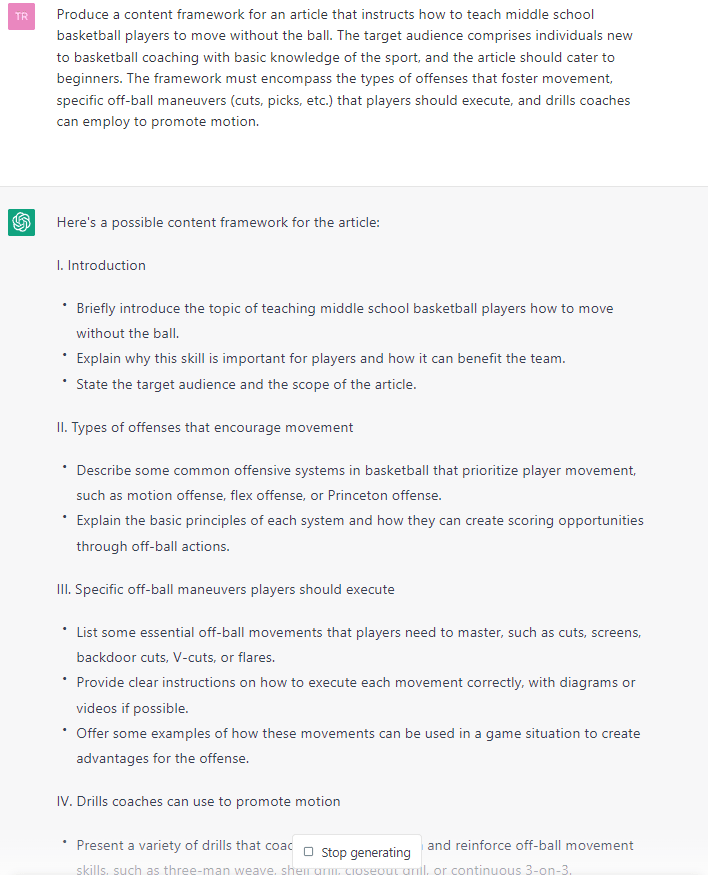





Top comments (0)